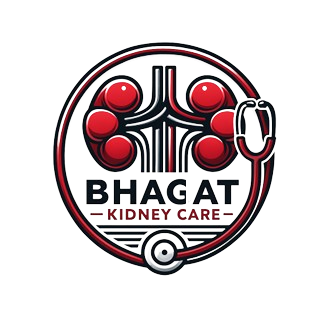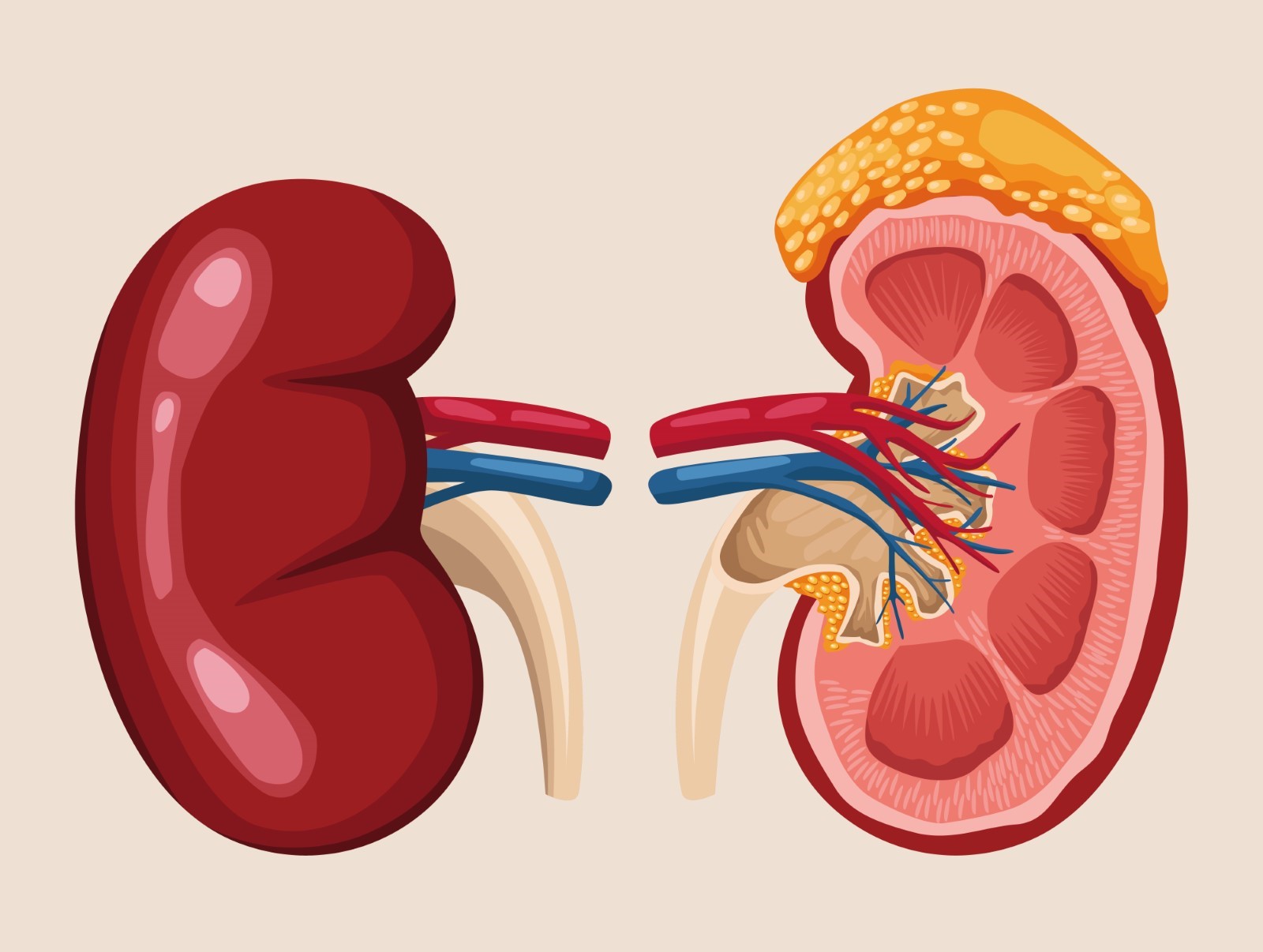What is acute kidney injury? It’s a sudden condition where your kidneys lose function quickly. This means they can’t filter waste or balance fluids well, which is essential for keeping you healthy. Knowing about acute kidney injury is important because the problem affects many people, including a significant number in India. Not knowing about this can lead to severe consequences, potentially leading to long-term health issues.
Early detection and regular health check-ups can help manage the condition effectively. It’s crucial to understand the signs and do tests to catch it early. In this blog post, we’ll dive into acute kidney injury causes, symptoms, and the necessary steps for treatment and recovery. You’ll learn about diagnosis methods and how changing daily habits can prevent injuries to your kidneys. This journey from learning about acute kidney injury diagnosis to exploring steps for prevention will provide valuable insights for anyone.
Understanding Acute Kidney Injury: Causes and Symptoms
Acute kidney injury causes are varied. They’re grouped into three main types:
- Prerenal causes: These are when the blood supply to the kidneys is reduced. It could be due to severe dehydration or a drop in blood pressure.
- Intrinsic renal causes: These involve direct harm to the kidneys themselves. Infections or drug toxicity can cause this harm.
- Postrenal causes: These happen when urine flow is blocked, trapped in the body, and can’t exit because of an obstruction, like kidney stones.
Knowing the symptoms is also crucial. Acute kidney injury symptoms include: – Decreased urine output, maybe less than expected – Swelling, often in the legs or around the eyes – Feeling tired, weak, or having trouble breathing
Risk factors like high blood pressure and diabetes increase the chance of what is acute kidney injury happening. So, controlling these conditions is key.
Some people believe that drinking lots of water is enough to avoid kidney issues. While staying hydrated helps, it’s not the only action needed to prevent or manage kidney problems. It’s important to dispel these misconceptions to ensure proper awareness and approach.
Enhancing Diagnosis and Treatment for Acute Kidney Injury
When it comes to acute kidney injury diagnosis, several methods help in identifying the issue: – Serum creatinine level: Measures the amount of waste product in the blood, which should be filtered by the kidneys. – Urine output analysis: This test checks how much urine your body makes and other factors.
Modern advancements now offer better acute kidney injury treatment options available, especially in India, making it accessible for more people.
One effective treatment approach is fluid resuscitation. It helps by giving fluids or medicines to stabilize the body, particularly when there is a lack of fluids. It’s also important to avoid substances that could harm the kidneys, known as nephrotoxicity. This could come from some medication or harmful substances in the body.
Healthcare professionals play a pivotal role in ensuring recovery through proper care and monitoring. They guide the treatment process and help in the management of medications so the kidneys can heal over time.
Recovery isn’t just about stopping harm but also supporting the body’s natural healing processes. It’s crucial to have healthcare support for ongoing monitoring and to follow the guidelines for each individual’s needs.
Steps Towards AKI Recovery and Prevention
Indian culture and diet can impact kidney health significantly. Foods high in salt or certain traditional medicines without testing can strain the kidneys. Here’s how you can ensure a healthy recovery and prevent future issues:
- Practical Tips for Recovery and Kidney Health:
- Stay hydrated by drinking enough water daily.
- Follow a balanced diet rich in fruits and vegetables but low in salt.
- Avoid using non-prescribed medicines which could impact kidney health.
Regular check-ups play an essential role in early detection and prevention, significantly shortening the acute kidney injury recovery time. Catching even slight changes early can lead to better outcomes and faster recovery.
Preventive strategies include managing conditions that are acute kidney injury risk factors like hypertension or diabetes. Lifestyle changes, such as regular exercise and dietary improvements, help maintain long-term kidney health.
By making small, consistent changes in everyday life, you can significantly reduce the risk of kidney injuries. All these steps together help in forming a comprehensive strategy for both recovery and prevention, paving the way for better kidney health and reducing the risks associated with acute kidney injuries.

